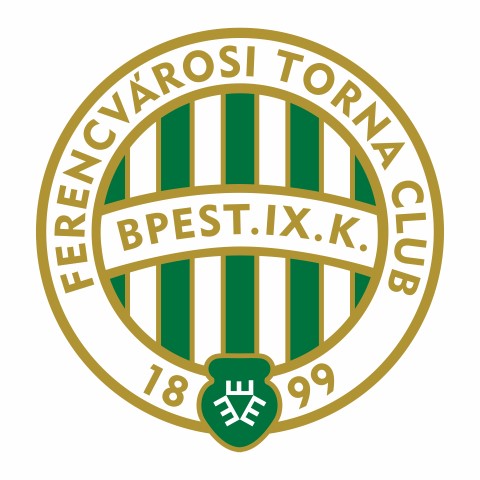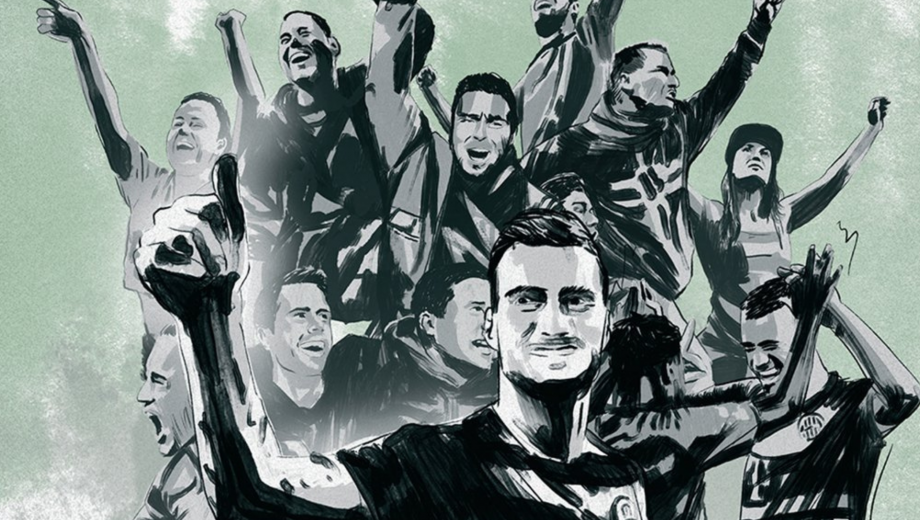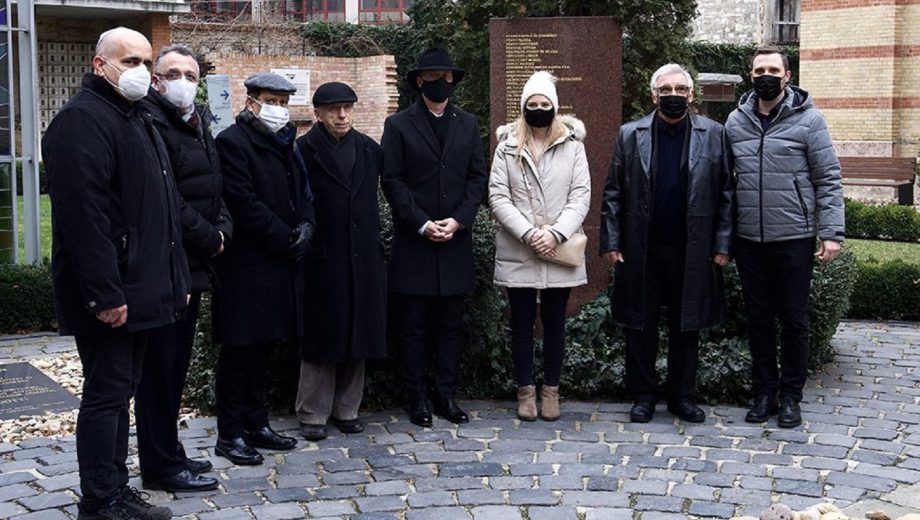Ferencvárosi TC requests Award for István “Potya” Tóth
On the 28th of July 2021, Ferencvárosi Torna Club has reached an important point on the never-ending road. Since this February when the name of István “Potya” Tóth was carved in the marble slab of the rescuers in the Wallenberg memorial park at the Dohány Street Synagogue, we have been preparing for this day.
In February the Federation of Hungarian Jewish Communities (MAZSIHISZ) and Ferencvárosi Torna Club (FTC) commemorated István “Potya” Tóth. The former legendary player and coach of FTC has saved hundreds of Jews from certain death as part of the resistance during the darkest days. Unfortunately, he himself did not survive the Second World War. At the end of 1944, he was captured by the members of the Arrow Cross and at the court of the Ministry of Interior in the Buda Castle he was executed in February 1945. Not long after the 76th anniversary of his death, his name was carved in the marble slab of the rescuers in the Wallenberg memorial park at court of the Dohány Street Synagogue.
Last week, the club requested in a letter for the Yad Vasem Institute, which was formed in 1953 as the Holocaust Martyrs’ and Heroes’ Remembrance Authority, and which is located in Jerusalem Har HaZikaron (the Mount of Remembrance) as a multi-hectare complex. This remembrance authority gives the Righteous Among the Nations award to those non-Jews (for Hungarians also, for example, József Antall Sr., Béla Király, Gábor Sztehlo) who have risked their lives to save Jews during the Holocaust. An evergreen tree is planted in honour of each Righteous Among the Nations at the Yad Vasem garden, which bears the name of the rescuer. This symbolises that “Whosoever saves a single life, saves an entire universe”. Because of the great number of honoured, there is no more space for trees, so since 1989, the names are carved in a memorial slab. The Righteous Among the Nations is the biggest honour that can be given to non-Jews by the State of Israel. Until 2020, a total of 27,712 awards were given to rescuers. 869 of these were awarded to Hungarian citizens.
In the letter, Hungary’s most popular sports club, the 122-year-old Ferencvárosi Torna Club highlighted that “numerous members of the founders of the club were Jewish. The three E’s in the crest of FTC mean Morality, Strength, and Consensus. Our club has stood beside the weak and the oppressed even in the hardest times. Besides achieving results, sportsmanship has always played a key part in the life of our athletes and coaches. Ferencvarosi did not stay silent, and they won’t do so in the future if others are excluded or persecuted.
Besides sending the documentation for our request, they highlighted that “it is an important mission of the club to cherish and preserve István Potya Tóth’s memory.”
The club told the Yad Vashem Institute in a letter that “the sources we present to you not only prove why this exemplary man risked and gave his life, how many known and unknown Jewish Hungarians did he save during the Second World War, but we also present how Ferencvárosi Torna Club has honoured István Potya Tóth’s memory in the past years.”
Hundreds of Jewish fellow countrymen may owe their lives to István Potya Tóth, great actors like Hilda Gobbi or Kálmán Latabár among them. As FTC wrote in the letter, “we hope that István Potya Tóth’s bravery, heroism, and sacrifice makes him eligible to be part of the Righteous Among the Nations, and for his name to be engraved and remembered at the Mount of Remembrance.”
The process of the evaluation for the Righteous Among the Nations award is not public, the documents regarding it are secret. Not even leading Hungarian historians can look into their contents, there is no room for supervision or appeal. OThe club hopes that they can continue to cherish the memory of István Potya-Tóth with this award. The initiative is part of Ferencvarosi commitment to their social responsibilities.
Community Champions League

Ferencvaros Against Racism




